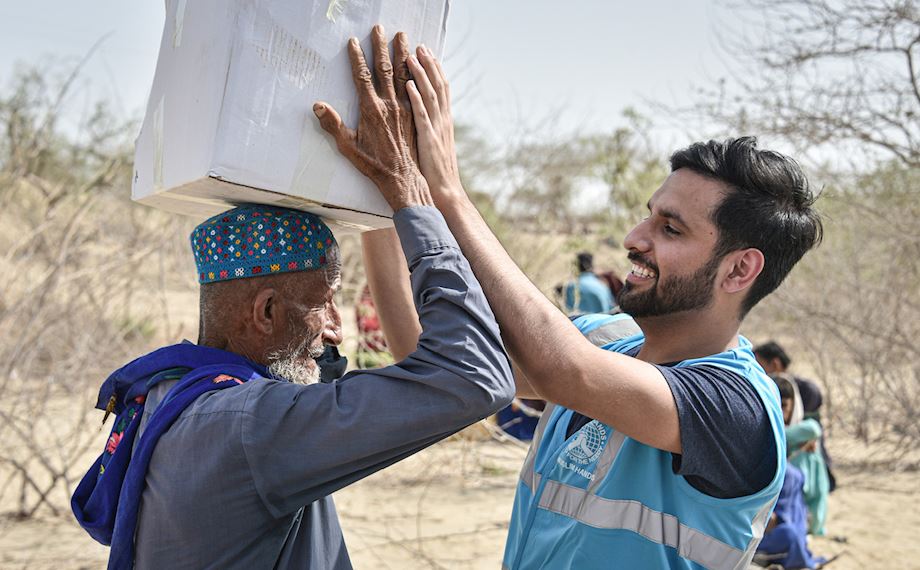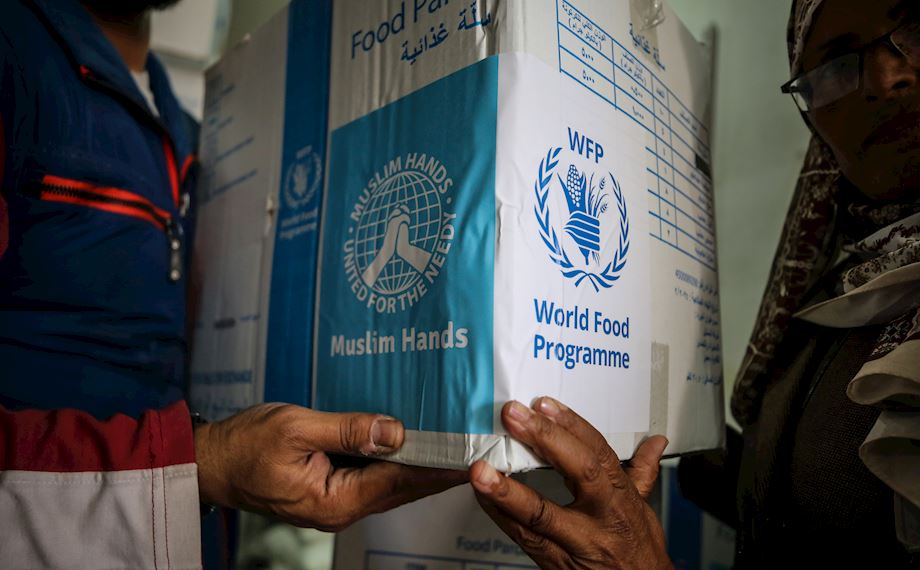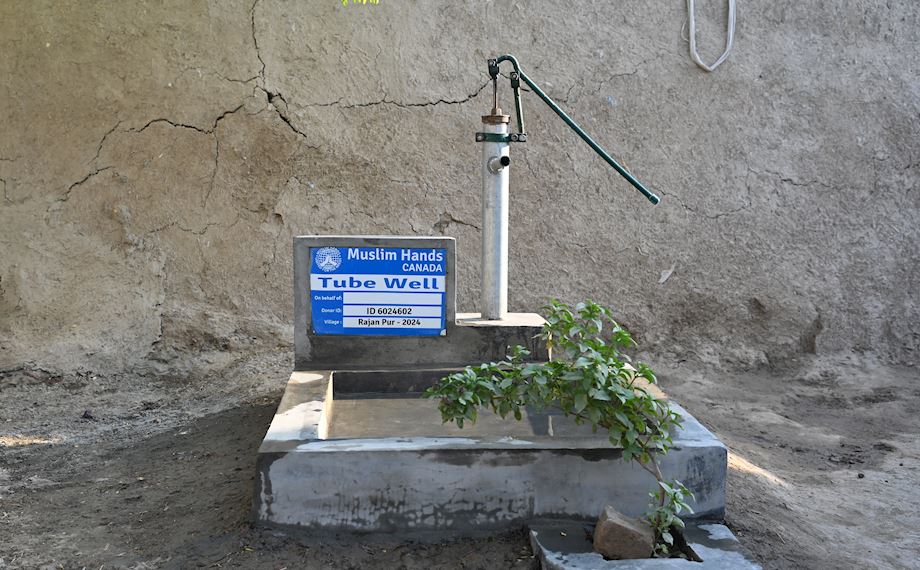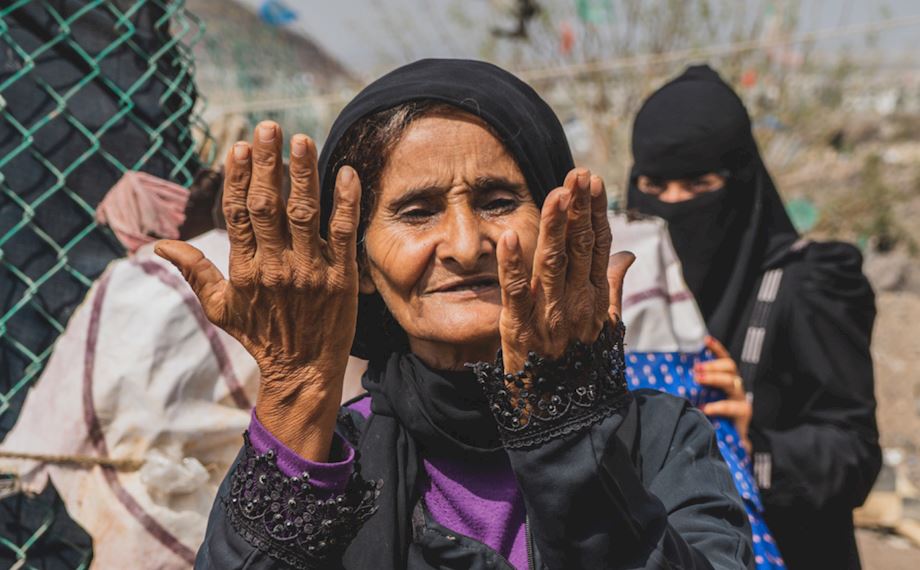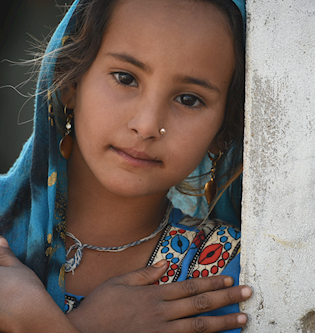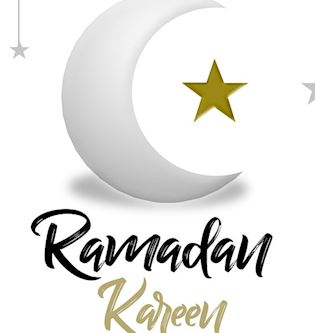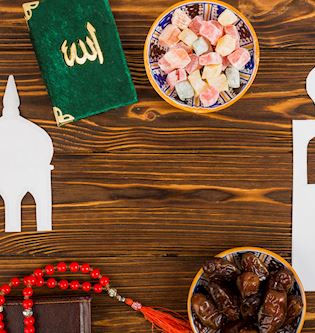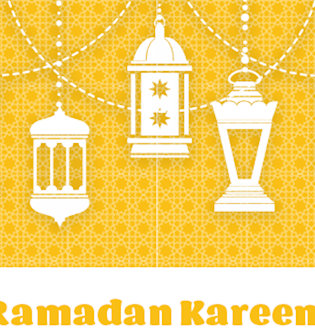Zakat al-Fitr, An Obligatory Charity
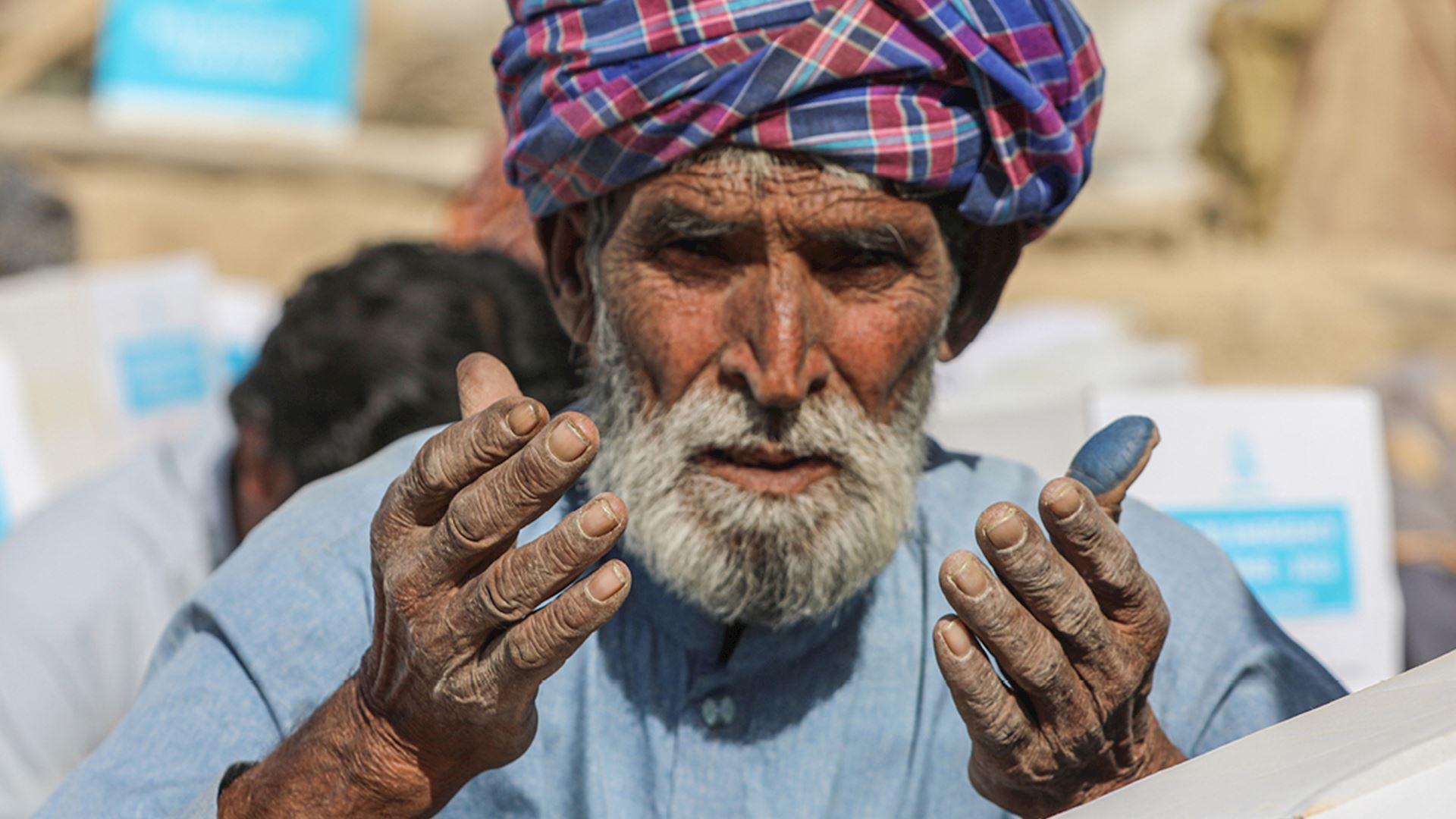
During Ramadan, many of us try to do good deeds, pray and offer charity. As we get busy with the daily Ramadan routine, we can often forget to pay Zakat al-Fitr.
Zakat al-Fitr is a small but important duty obligatory for all Muslims during Ramadan. It involves paying a handful of food to a person in need and should be paid before Eid prayers.
Ibn Abbas (may Allah be pleased with him) said:
“ The Messenger of Allah (peace be upon him) ordained Zakat ul Fitr [Fitrana] to purify the fasting person from indecent words or actions, and to provide food for the needy [Abu Dawud and Ibn Majah]
Below are some questions about Zakat al-Fitr.
Meaning of Zakat-al-Fitr
Zakat al-Fitr, also known as Sadaqat al-Fitr or Zakat al-Fitrana translates to, "the Charity of Breaking the Fast."
Why is Zakat al-Fitr paid?
The main purpose of Zakat al-Fitr is to provide those who fast with the means of making up for their mistakes during the month of fasting. It ensures the poor can celebrate Eid al-Fitr with the rest of the Ummah.
Who has to pay it?
Any Muslim who has excess food must pay Zakat al-Fitr. This means that, unlike Zakat, it is a duty on everyone in your household. The head of the household can pay it on behalf of other family members.
What about children?
Zakat al-Fitr should be paid on behalf of children and babies.
When should it be paid?
Zakat al-Fitr is exclusive to the month of Ramadan, and can be paid any time after the start of the holy month. The last payment can be made before Eid prayers so that the needy can benefit in time for Eid. Ibn Abbas narrates:
‘It is accepted as Zakat for the person who gives it before the Eid prayer; but it is a mere Sadaqah for the one who gives it after the prayer’. (Abu Dawud)
This shows the importance of paying your Zakat al-Fitr on time, so Allah ( swt) accepts it, insha’Allah.

Can it be paid late if I forget?
Zakat al-Fitr must be paid before Eid prayers. It will not be discounted if it is paid after this time, but it will be treated simply as Sadaqah and the reward will be lesser.
What are the benefits of Zakat al-Fitr?
The obvious benefits of Zakat al-Fitr is that it provides food for the poor and cleanses us of wrongdoings committed during Ramadan. However, there is a much deeper significance of this charity: It makes us more humble by showing us that our money is a blessing from Allah (swt), and the poor have a right to that money so it brings together the Ummah. Even as we are preoccupied with Eid preparations, we are urged to think about our brothers and sisters around the world who are struggling, so they too can look forward to Eid.
Can it be paid in cash?
At the time of the Prophet (saw) Zakat al-Fitr would be given as one Sa’a (approximately a handful) of a staple food to those in need. Abu Saeed narrates:
'We used to give for Zakat al-Fitr…one Sa'a of food, or one Sa'a of dried yogurt, or one Sa'a of barley, or one Sa'a of dates, or one Sa'a of raisins.' (Bukhari)
How is the amount calculated nowadays?
One Sa’a is equivalent to four Madd, and a Madd is the amount that can be scooped up in two hands.
If we translate this into a cash value based upon the price of a staple food such as flour or rice in Canada, it equals between $5-10.
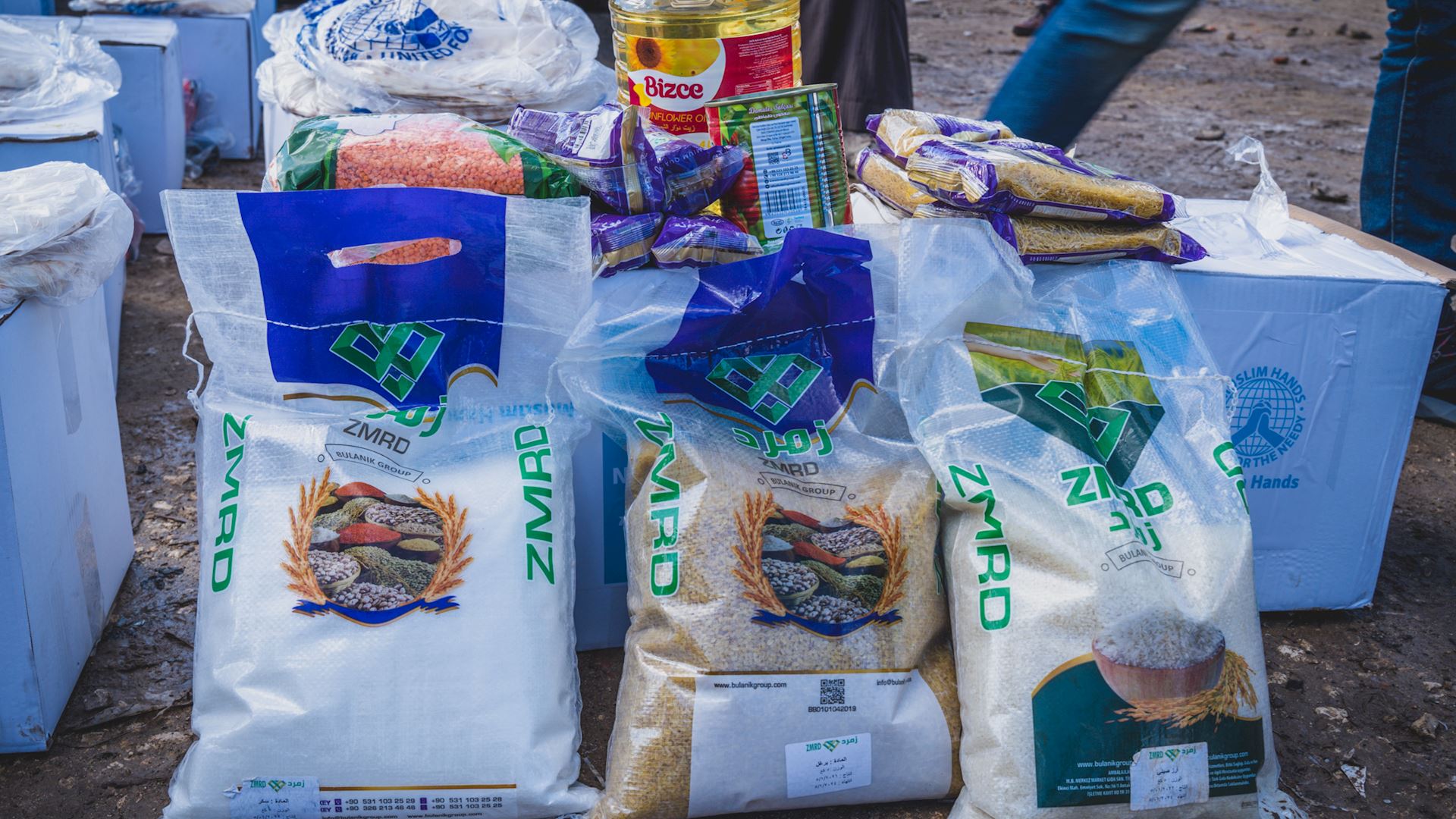
How does Muslim Hands distribute your Zakat al-Fitr?
As many of us in Canada are unable to find deserving people and deliver food ourselves, Muslim Hands teams can distribute Zakat al-Fitr on your behalf.
Our local experts engage with underprivileged communities, and identify those with the greatest need. Once they are identified, your funds are used to buy food which is distributed among deserving families. Our years of experience handling your Zakat and Sadaqah make us skilled at finding the most eligible candidates.
What is the difference between Zakat and Zakat al-Fitr?
Zakat is the third pillar of Islam. It reflects the amount of wealth Muslims must pay to the underprivileged if their annual wealth exceeds a specific amount.
Zakat is an important obligation we must fulfill as Muslims, an act of worship for which we are accountable to Allah (SWT).
While both Zakat and Zakat al-Fitr involve charitable giving, Zakat is an obligatory annual payment based on accumulated wealth, whereas Zakat al-Fitr is charity associated with Ramadan and Eid al-Fitr, paid by every Muslim who possesses food over their basic needs.
To learn all the facts around Zakat, read the article Five-Step Guide to Zakat.
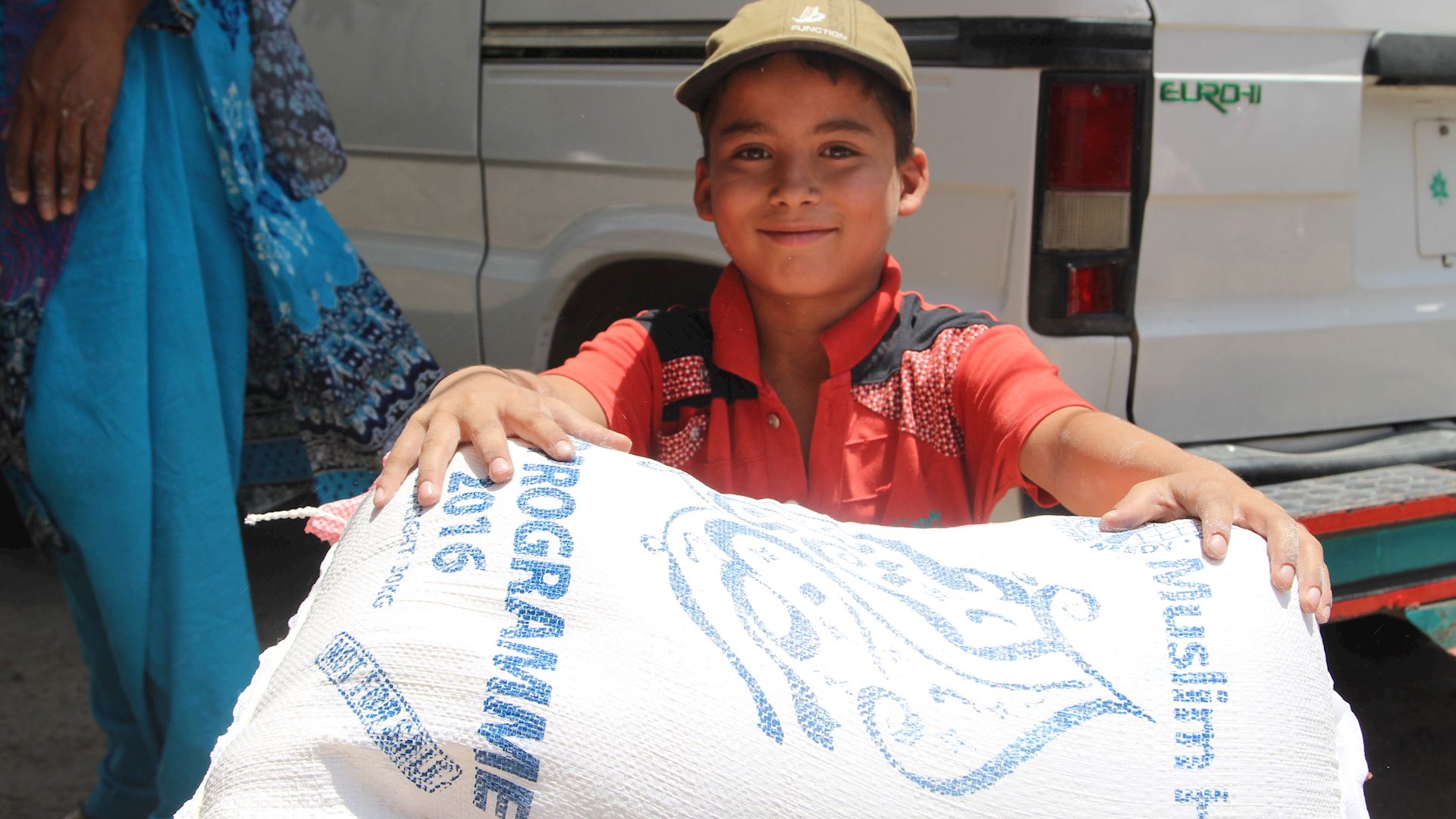
Zakat al-Fitr may seem like a small act, but it has a big impact and great reward. Therefore, we must ensure we fulfill this important obligatory duty. Make sure you don’t miss the deadline! Pay your Zakat al Fitr online with Muslim Hands.





